Turkey will host a new round of negotiations between Russia and Ukraine
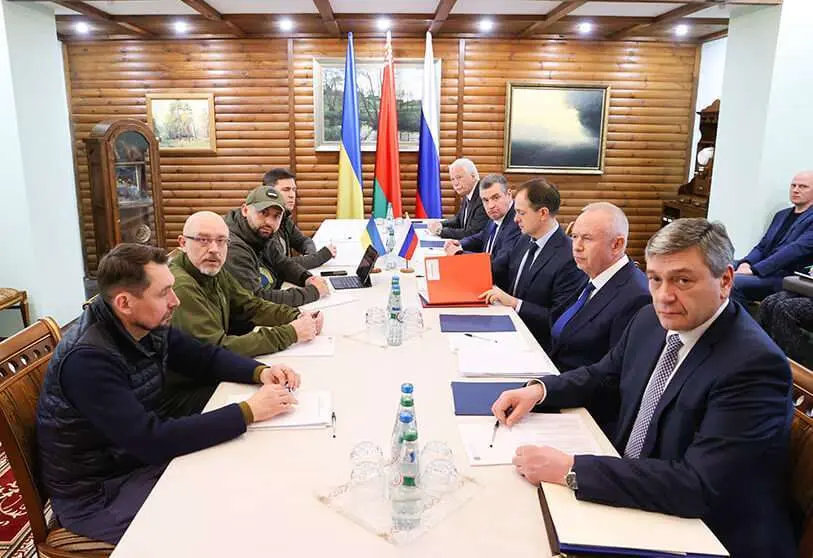
Russians and Ukrainians are meeting again, but not only on the front line. On Tuesday, Istanbul will host the fifth round of talks between the two delegations since Russia launched a full-scale invasion of Ukraine five weeks ago, a crucial summit to find diplomatic solutions to the conflict where both sides show restrained signs of optimism. But this does not mean that Putin will stop his aggression.
Russia's chief diplomat, Sergey Lavrov, sees a deal with Kiev to end the offensive on the former Soviet republic as possible. "I see that there are opportunities for an agreement, as our Western partners are beginning to understand the serious mistakes made over many years, although perhaps, for understandable reasons, they do not say so out loud," the foreign minister told the Serbian press after praising Belgrade's support for Moscow.
Lavrov proposed Serbia as a new venue for negotiations with Ukraine before ruling out the participation of Western representatives at the talks. The Russian foreign minister said his train passed in 2014 and 2015 with the signing of the Minsk Agreements, which were flagrantly breached by the parties. After Belarus, the Ukrainian authorities pressed to avoid a hostile host, and eyes turned to Turkey in early March.
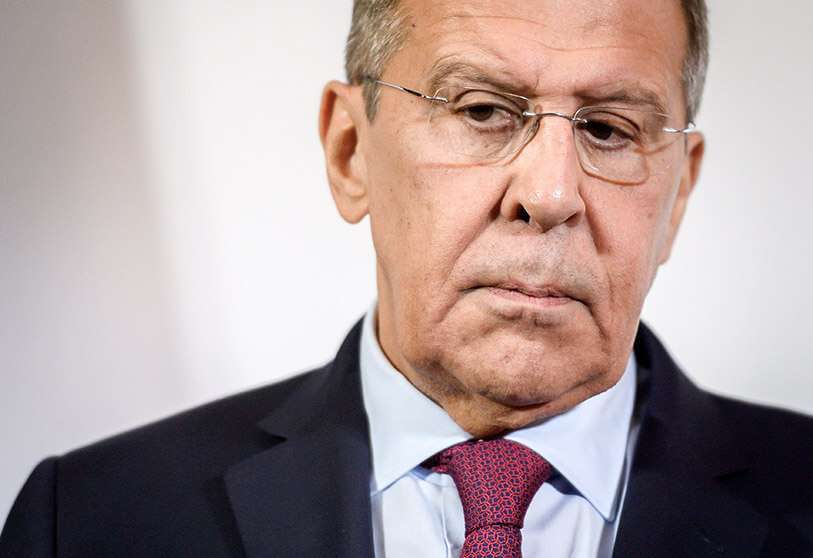
Lavrov himself has already held a tripartite summit in Turkey with his Ukrainian and Turkish counterparts. Mevlüt Çavuşoğlu moderated the first high-level summit between the two countries' foreign ministers in the city of Anatalya, a first contact meeting that ended without progress, according to the Ukrainian minister, Dimitro Kuleba, due to "a clear gap in expectations". Moscow spoke of territorial and political concessions; Kiev spoke of a cessation of hostilities.
Turkish President Recep Tayyip Erdoğan had a telephone conversation with Vladimir Putin on Sunday in which he reportedly pressured the Russian leader to give the green light for a new round of negotiations in Turkey. The Eurasian country has the upper hand, as it has maintained smooth relations with both sides. Ankara is now tilting towards a neutral role despite its support for Western sanctions and NATO membership.
For Erdoğan it is especially important to find a quick way out of the conflict. The Turkish president has been facing a severe economic crisis for months, marked by rising inflation and a galloping devaluation of the lira, and, like many other countries, Turkey is dependent on Russian gas and Ukrainian wheat. All of this comes at a time when the Islamist leader is engaged in a rapprochement with the West. Sponsoring a cessation of hostilities would renew his and the country's image.
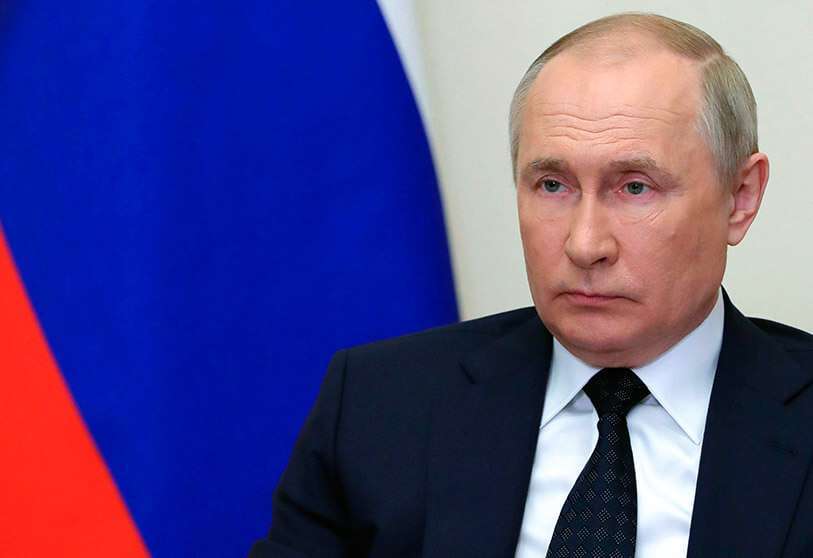
The Russian and Ukrainian delegations have landed in Istanbul, the venue for the negotiations. If the summit finally takes place, it would be the first time in two weeks that the parties have held a face-to-face meeting in person after a final meeting by video conference. Previous face-to-face meetings took place in Anatalya and in the Belarusian cities of Brest and Gomel, where no significant progress was made beyond the opening of humanitarian corridors - later violated by Russia.
But negotiations have taken place on a daily basis 'in pectore'. In complete secrecy, none of those present have leaked the content of the talks. Nor have their superiors. All want to keep quiet, otherwise the negotiating process would be "damaged", according to Kremlin spokesman Dmitry Peskov, one of the figures closest to Putin, who has been hit by the sanctions.
Russian tycoon Roman Abramovich, who reportedly experienced symptoms of intoxication a month ago after a trip to Kiev, reportedly held a conversation with Ukrainian Crimean MP Rustem Umerov, of Tatar origin, in Istanbul, according to the British newspaper The Times. Abramovich has reportedly visited the country several times in recent weeks, and at that meeting, organised by President Erdoğan's spokesman Ibrahim Kalin, he did so as an 'unofficial envoy' of the Kremlin.
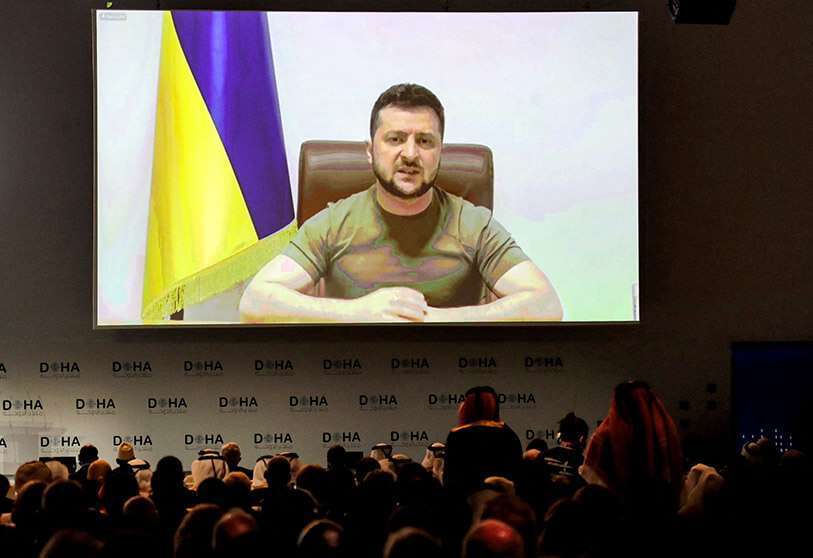
According to The Times, the proposal that the Crimean peninsula and the Donbass region become part of the Russian Federation under a long-term lease was put on the table. Kalin himself assured that Moscow and Kiev are "close" to reaching an agreement on the core issues. That is, preventing Ukraine from joining NATO and neutralising its defences.
In a video conference interview with four independent Russian journalists on Sunday, which was later censored by the Kremlin, Ukrainian President Volodymir Zelensky said he was ready to accept "neutral and non-nuclear status" for Ukraine. These are two prerogatives demanded to date by Moscow. But he did not stop there; he also opened up to protecting the Russian language - the language in which he answered questions - and to discussing the territorial issue of Crimea and the Donetsk and Luhansk oblasts.
The Kremlin does not rule out a face-to-face meeting between Putin and Zelensky. But, in Lavrov's words, a direct meeting between the two would be "counterproductive" before the negotiating teams are close to a deal. According to the veteran foreign minister, Putin would "never refuse" a meeting with President Zelenski, but such a meeting should be "well" prepared.
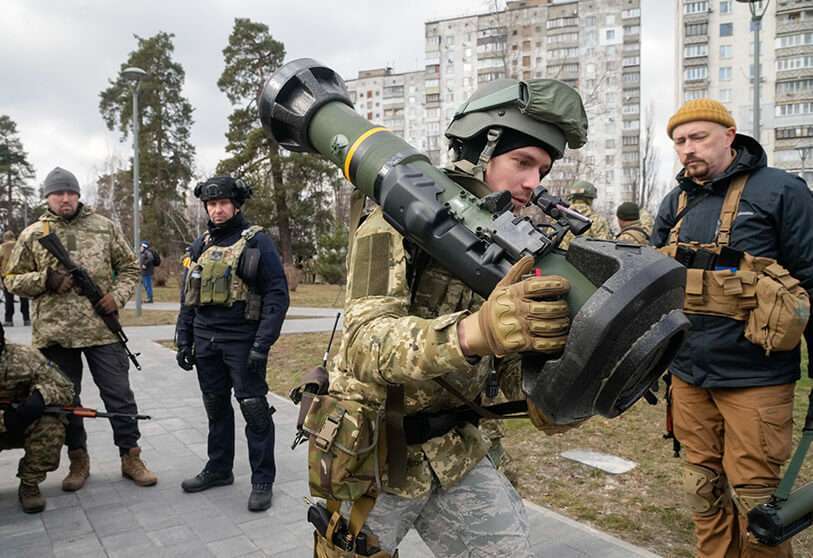
In a context favourable to diplomacy, the UN Secretary General, António Guterres, has made a move. On Monday, the Portuguese announced the appointment of the British diplomat Martin Griffiths, until now UN Under-Secretary General for Humanitarian Affairs, as the organisation's mediator to achieve a humanitarian ceasefire in Ukraine.
But hostilities continue on a day in which new explosions have been reported in several Ukrainian cities, including the capital. The Ukrainian counteroffensive has reportedly regained territory in recent days, but Kiev fears more attacks after the change of strategy announced by the Russian Defence Ministry, which said it had completed "the first phase" of the offensive and is now in control of the Donbass region.








